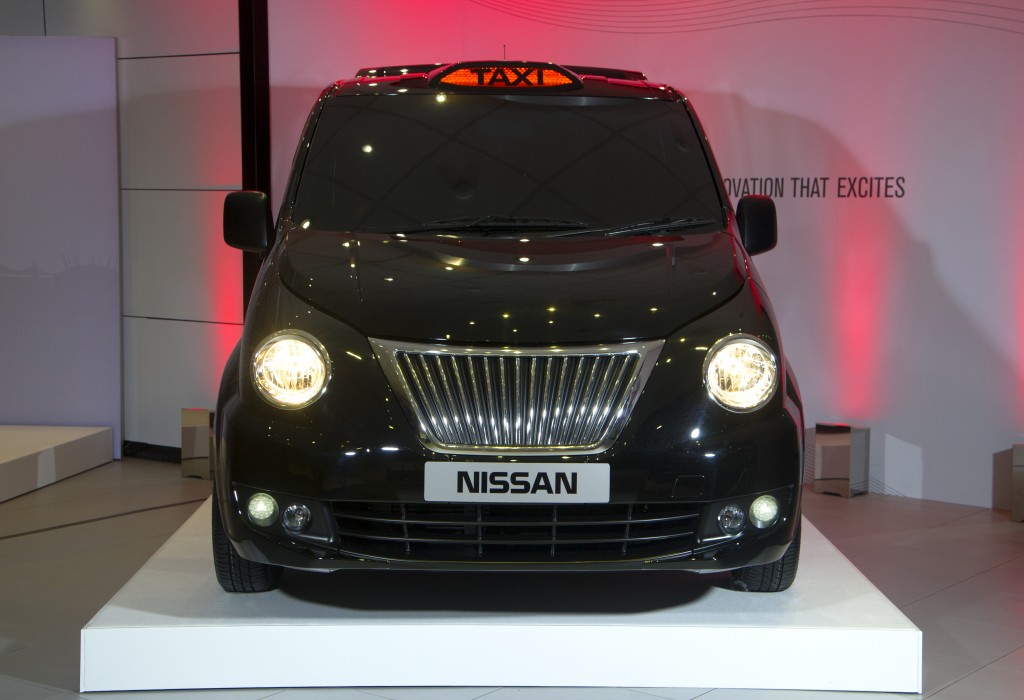Installation Court Dinner
On 4th September 2013, The Worshipful Company of Hackney Carriage Drivers (WCHCD) held their Installation Dinner on board HQS Wellington. During a meeting before the dinner, taxi driver Graham Woodhouse was installed as the Master of WCHCD for the forthcoming year. Handing over the tenure was Brenda Bartlett who wished Graham a year as good as the one she has enjoyed as Master. During the same ceremony, the Wardens (pictured) were also installed and for this year they are Malcolm Paice as Upper Warden, Renter Warden is Colin Evans and Lower Warden is Alan Roughan.

Graham said that it was a great honour to be chosen as Master for the year and he is looking forward to carrying out his duties. One of the main aims of the WCHCD is to promote high standards of the taxi trade in the City of London and Brenda said that she found the WCHCD is held in high esteem throughout the City with other Masters and Livery companies. Other aims of the WCHCD are charitable and educational; Graham has been the lead Guide Course tutor run by the WCHCD and some of those who have joined the Company have been introduced through undertaking the course. A new course is now underway and is fully subscribed, but a new one will be running in the early weeks of 2014. One of Graham’s first duties as Master was clothe two Freemen of the WCHCD in the Livery. David Neale and Stephen Mullen were welcomed as Liverymen and then Raymond Coggin, Lee Cooper, John Ford and Graham Waite joined the WCHCD as Freemen. They were given a warm welcome and joined the WCHCD at dinner. Following a Drinks Reception out on the Quarter Deck in glorious sunshine, dinner was enjoyed in the magnificent Court Room, where the gold and silver collection of The Honourable Company of Master Mariners, along with works of art, is housed. During the course of the dinner, the Master welcomed the new Liverymen and Freemen and then he spoke of how he had become a member of the Company and how delighted he is to be Master. His guest speaker for the evening was Vera Day, who has been an actress in many movies including Lock Stock and Smoking Barrel. In her speech she regaled guests with her memories and experiences over the years. The evening finished with a Stirrup Cup which guests enjoyed on the upper deck of the ship where the River Thames sparkled with the reflections of lights along its banks. On 20th September, Graham together with his wife Caroline, headed the convoy of cabs leaving Canary Wharf on the Magical Taxi Tour. Graham has been a driver on this trip for many years and this is the 20th anniversary of the event.
For more information on the company, joining the Guide Course or the Magical Taxi Tour please contact The Clerk Mary Whitworth on 01494 7675922.
TaxiCabNews


















Social